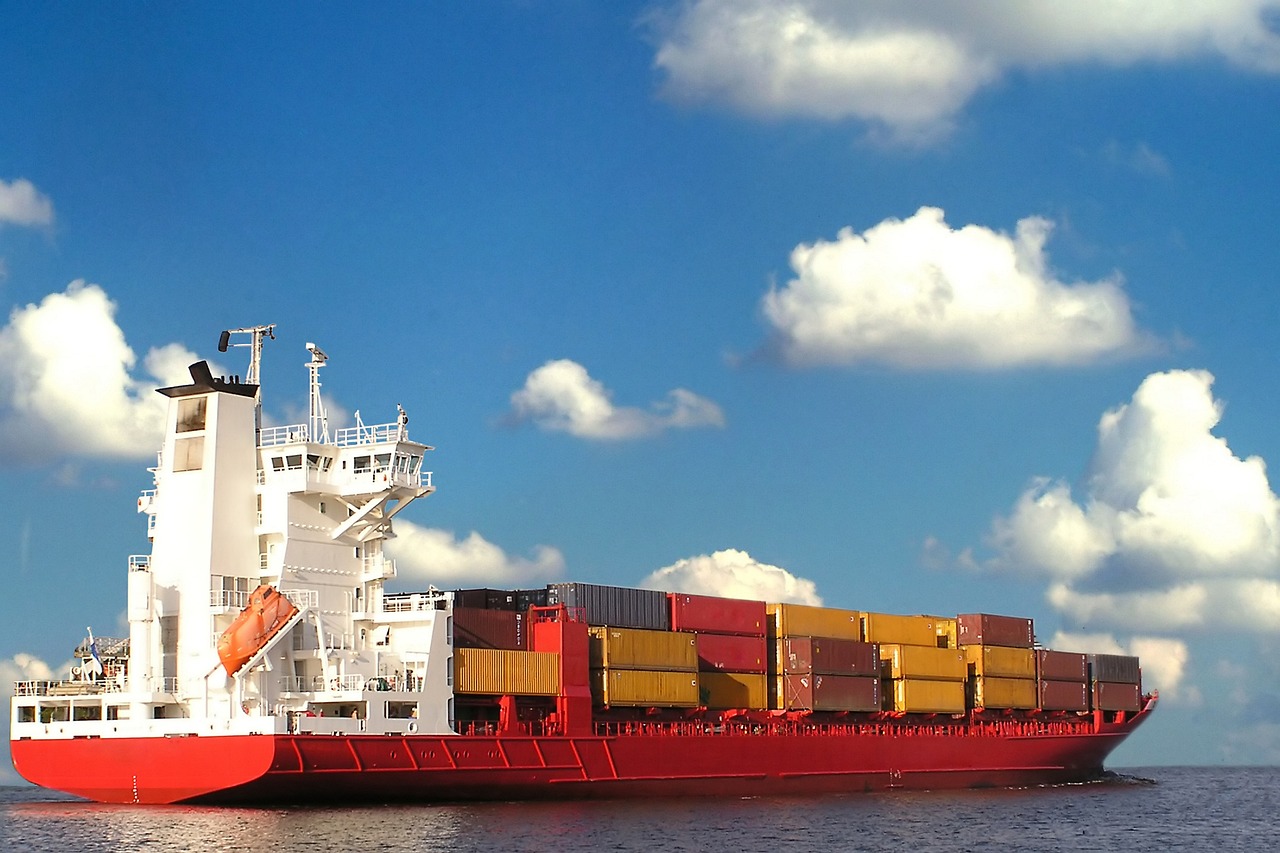
I.Export goodsWhat specific services does the agency include?
ProfessionalExport agentServices typically consist of six core modules:
- Document processing: Preparation of a full set of export documents, including commercial invoices, packing lists, and certificates of origin.
- customs clearancedeclare: HS code classification, customs declaration form review, electronic data submission
- Logistics arrangement: Ocean/Air Freight Booking, Container Allocation, Transportation Route Optimization
- Tax Compliance:Export tax refundDeclaration, foreign exchange verification document processing
- management of risk: Trade barrier alerts, intellectual property protection, force majeure contingency plans
- Value Added Services: Port of destinationCustoms clearanceAssistance, Letter of Credit Review, Trade Finance Coordination
II. How to choose a reliable export agency company?
It is recommended to filter through three dimensions:
- Qualification verification:
- Check the customs AEO certification qualification
- Confirm FIATA (International Federation of Freight Forwarders Associations) membership.
- Verify the foreign exchange administration record filing.
- Capacity of service:
- Capacity guarantee for main route cabins
- Experience in handling special cargo (hazardous materials/cold chain).
- Customs declaration error rate (recommended to be below 0.5%)
- Technical systems:
- Real-time Cargo Tracking System
- Electronic customs declaration data interface capability
- Automated Tax Refund Declaration Platform
III. How are export agency fees calculated?
The typical fee structure for 2025 includes:
- Basic Service Costs: Charged at 0.8%-1.5% of cargo value (minimum charge 3000 yuan/shipment)
- Special services fees:
- Special document certification: 500-2000 RMB per copy
- Expedited customs clearance: 2000 RMB/business day
- Customs inspection assistance: 1500 RMB/time
- The risk guarantee: 3%-5% of the cargo value (refundable)
IV. How to Handle Customs Inspection?
Professional agents should provide a three-tier response plan:
- Primary response: Submit supplementary documents within 1 hour.
- Intermediate response: On-site coordination for inspection and provision of compliance explanations
- Advanced response: Initiate the classification dispute reconsideration procedure
Typical case: A mechanical and electrical product was detained due to HS classification dispute. The agency completed the pre-classification application within 3 working days, avoiding a port demurrage loss of 200,000 yuan.
Five isExport tax refundHow to ensure timeliness?
High-quality agents should meet the following service standards:
- Declaration cycle: The declaration must be completed within 5 working days after the goods depart from the country.
- Tax refund received.: Within 30 days after declaration (for Class I enterprises, this period can be shortened to 15 days)
- Unusual treatment: Special Invoice Authentication Exception 48-Hour Response Mechanism
VI. How to Prevent Customs Clearance Risks at the Destination Port?
Professional agents should provide four guarantees:
- Pre-review servicesSubmit the customs clearance documents for the destination country 72 hours in advance.
- Certification Articulation: Coordinate with third-party organizations to complete certifications such as FDA/CE.
- Emergency channel: Establish overseas regulatory warehouses to handle sudden inspections.
- Legal support: Collaborate with overseas law firms to handle intellectual property disputes
7. What should be considered when exporting to emerging markets?
Recommendations for emerging markets like Southeast Asia and Africa:
- Special requirements for documents:
- Vietnam: Original Certificate of Origin with QR code must be provided.
- Nigeria: SONCAP Pre-shipment Certification
- Payment Risk Prevention: 30% advance payment + irrevocable letter of credit required
- Optimization of logistics programs:Priority should be given to the mixed transportation mode of China-Europe Railway Express + sea freight.
8. How to Address the Risk of Trade Sanctions?
The compliance system should include:
- Real-time screening: Access to databases such as the U.S. OFAC and the EU Sanctions.
- Transaction blocking: Establish an automatic interception mechanism for sanctioned countries/entities
- The Alternative Program: Prepare a third-country transit trade filing plan.
9. What are the special considerations for cross-border e-commerce exports?
It is necessary to pay special attention to:
- Clearance Mode: Select cross-border e-commerce specific codes such as 9610/9710/9810.
- Data interface: Ensure the matching of payment documents, logistics documents, and order documents.
- Return Management: Establish overseas return and exchange centers to handle reverse logistics.
10. How to Evaluate the Quality of Agency Services?
It is recommended to establish five core KPIs:
- Timeliness indicators: Booking response time < 2 hours
- Precise indicators:Document error rate < 0.3%
- Cost indicators: Unit logistics costs optimized by 5% year-on-year.
- Compliance indicators:0 Administrative Penalty Record
- Service indicators: 24-hour closed-loop resolution rate for customer issues reaches 100%.


 Follow Customer Service WeChat
Follow Customer Service WeChat